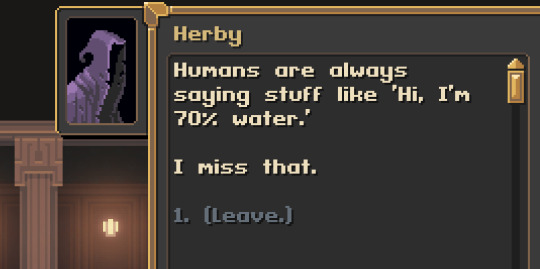#screenwriting
Text
Making the Most out of your First Draft
As someone who used to write every first draft without planning and then use that to figure out characters and outlines, I have a lot of experience in first drafts that are incredibly helpful to forming an actual story, and drafts that don’t add much.
So here’s how to make the most out of your first draft:
1. Write what doesn’t make sense
One of the most helpful first drafts I ever wrote abandoned plotlines and started new ones as though they had existed all along like several times. It was also the longest draft I had ever written because I had packed so many ideas into it. The reason why this is helpful is because you can test out what a plot point will look like in the middle or even end of your story without having to go back to the same beginning again and again.
It doesn’t need to make sense, just try things out. Disappear characters who don’t work, add a best friend near the end that acts like they’ve been there the entire time, whatever idea you’re interested in you can try out without worrying too much about what makes sense or what you’d need in place to set it up. It's like literally stream of consciousness writing, and you're going to learn so much more about your world, plot, and characters than trying to make it make sense.
2. Write poorly
I spent a lot of that first draft having characters monologue to themselves or each other about their interests and problems and lives which allowed me to explore their backstories and voice even if that’s not something I would do in a final draft. I had the wackiest plot points to see how my characters would react, what would happen to the plot, and if I didn’t like it I would keep going like nothing had happened, I did a lot of yadda-yaddaing over worldbuilding and setting the scenes and making up things on the spot to see if they’d stick, skipping sometimes to the interesting stuff, or adding in a random scene just for fun.
It doesn’t have to be good. Even a little bit. You’re learning about your world and your characters and the story you want to tell, but you aren’t writing it yet. Allow it to be the worst thing you’ve ever written.
3. Make notes on what you like
As you go through and throw spaghetti at the wall (figuratively speaking), make notes on the things that stick. If you write a line of dialogue you really like, or a piece of backstory or even a vibe, make sure to make a note of it somewhere. This will help you narrow down your ideas to what you want to keep when you start writing your story. And if you’re like me and you want to outline or plan your subsequent drafts, these notes will be invaluable to start forming your planning.
Anything else I missed?
#writing#creative writing#writers#writing community#screenwriting#writing inspiration#books#filmmaking#film#writing advice#first draft#making the most out of your first draft#pantsing#pantser#writers on tumblr
195 notes
·
View notes
Text
How do we write characters authentically?
Hello, my dear writer! I assume we've all wondered at the beginning of our writing journey, "How do I find my own writing style? How do I stand out, and how do I make my characters sound authentic?" This post is dedicated precisely to the latter question. How do we write characters authentically?
Observe Different Personalities: Observe people of different age groups, from various cultural backgrounds, and with diverse life experiences. Pay attention to their language, gestures, and behaviors to develop a broad understanding of human diversity.
Take Time for Character Development: Invest time in developing your characters, including their background, motivations, goals, strengths, and weaknesses. The better you know your characters, the more authentically you can portray them.
Utilize Realistic Settings: Place your characters in realistic environments and situations that are recognizable to your readers. Describe the details of their surroundings, such as landscapes, buildings, clothing, and everyday items, to create a vibrant backdrop for your story.
Be Open to Change and Development: Allow your characters room for growth and change. People evolve over time based on their experiences and decisions. Permit your characters to learn from their mistakes, gain new insights, and undergo development.
Everyday SituationsAn additional tip is to place your character in various small situations, even if they are a fantasy figure. For instance, have your character order coffee. What happens if they encounter a ghost? What are their feelings about Christmas? Accompany them while shopping. How do they react when meeting their greatest hero? Describe everyday scenarios that aren't part of your official story but are meant for you to better understand your character.
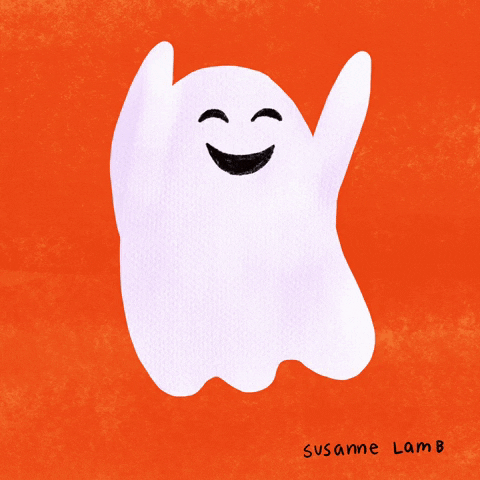
#writing#writeblr#writers on tumblr#writer stuff#creative writing#writers#writing advice#writblr#writers block#writing community#writing tips#words#screenwriting#playwriting#writingadvice#amwriting#scriptwriting#script#bookish#book blog#booklr#bookworm#books and reading
1K notes
·
View notes
Quote
Don’t say you don’t have enough time. You have exactly the same number of hours per day that were given to Helen Keller, Pasteur, Michelangelo, Mother Teresa, Leonardo Da Vinci, Thomas Jefferson, and Albert Einstein.
H. Jackson Brown Jr.
#scriptwriting#screenwriting#amwriting#writing#writingquotes#writingadvice#writing quotes#writing advice
11K notes
·
View notes
Text
I really think they should let me write Doctor Who because I bet I could knock out a banger anti-eugenics bottle episode.
1K notes
·
View notes
Text
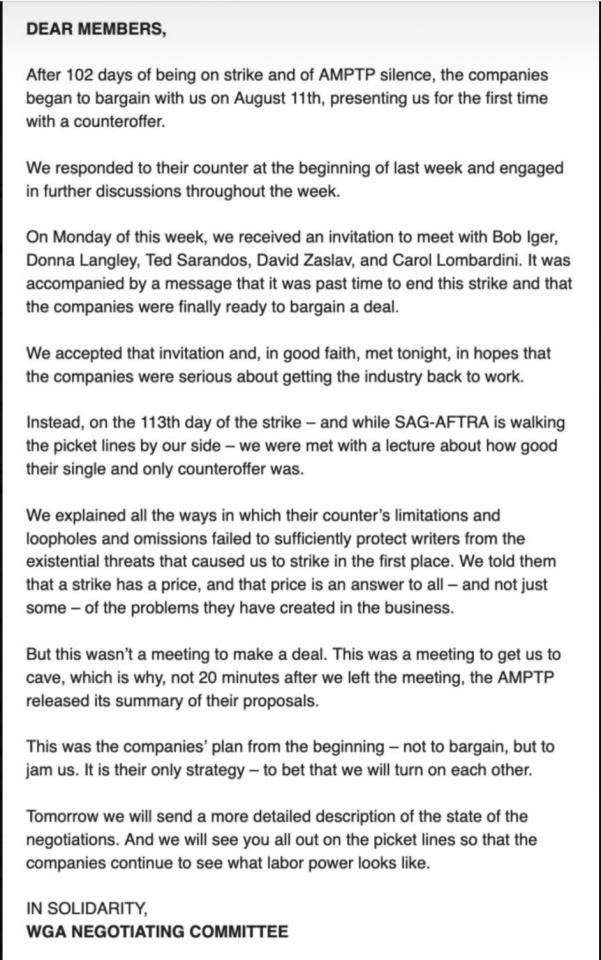
AMPTP back on their bullshit, I see...
1K notes
·
View notes
Text
The Waynes - TV Pilot (Part 2 of 4)
Logline: In an effort to appear as harmless celebrities, billionaire Bruce Wayne hires a reality TV crew to document his family members' chaotic lives. (Part 1)

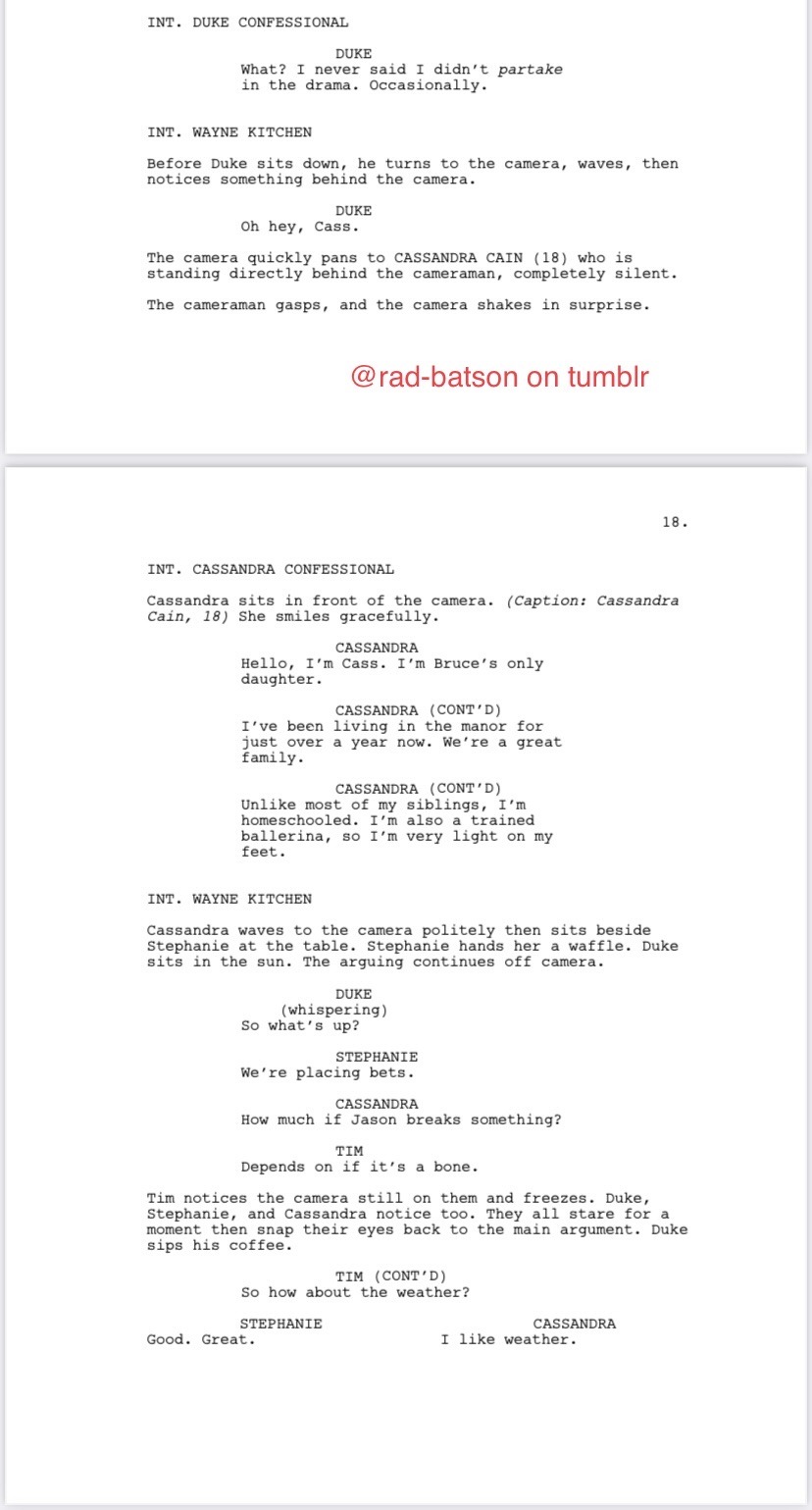
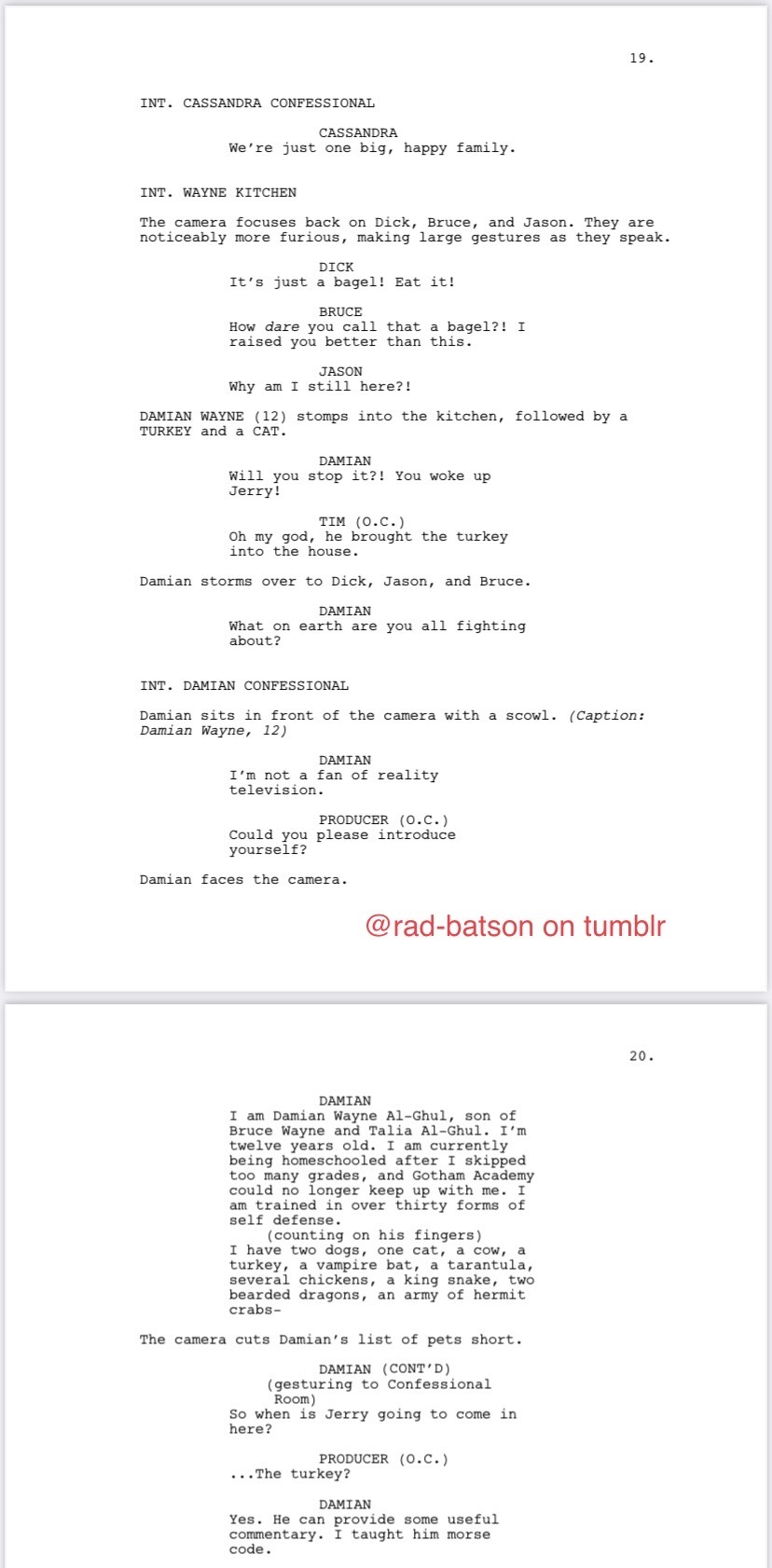

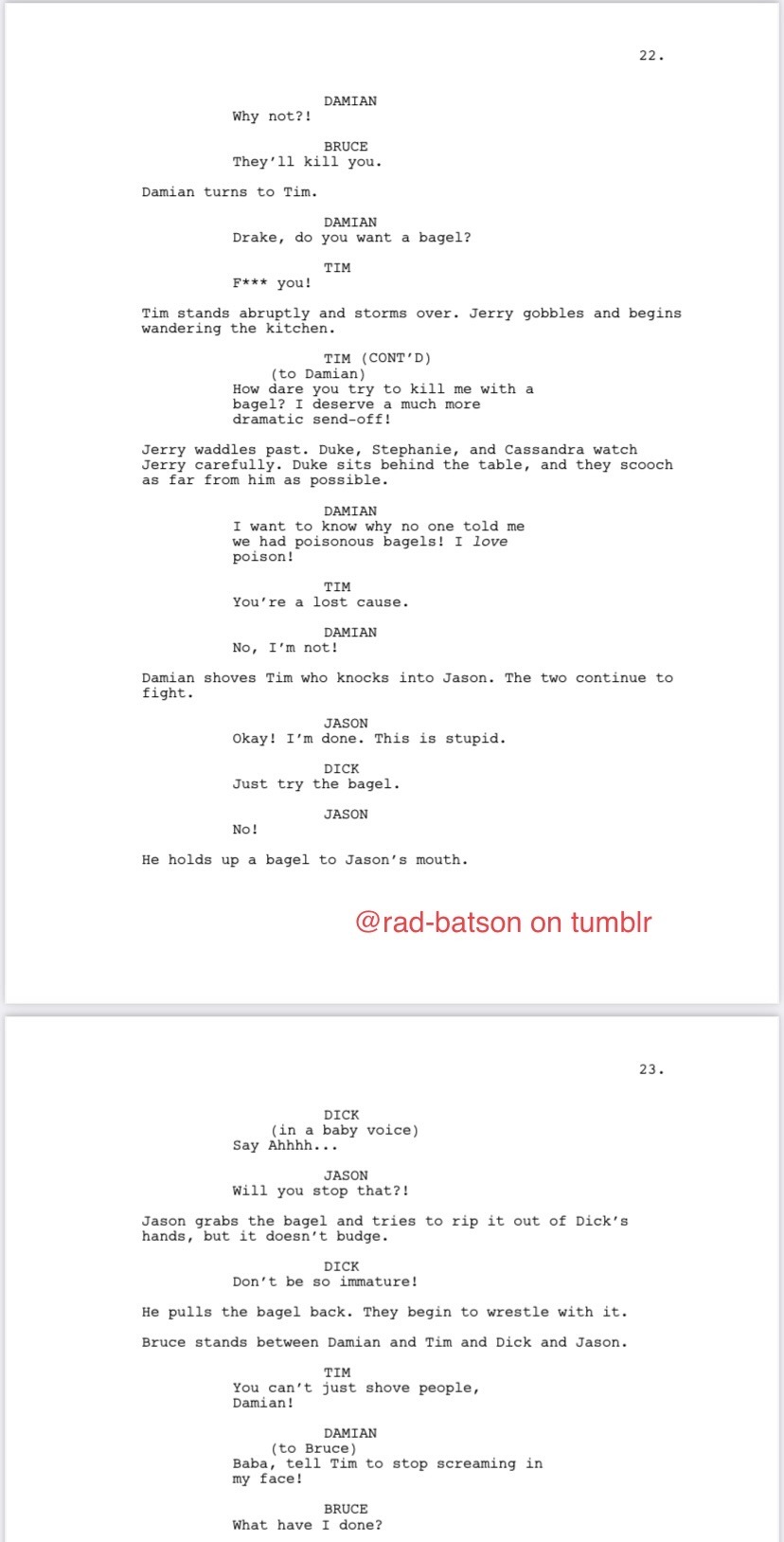
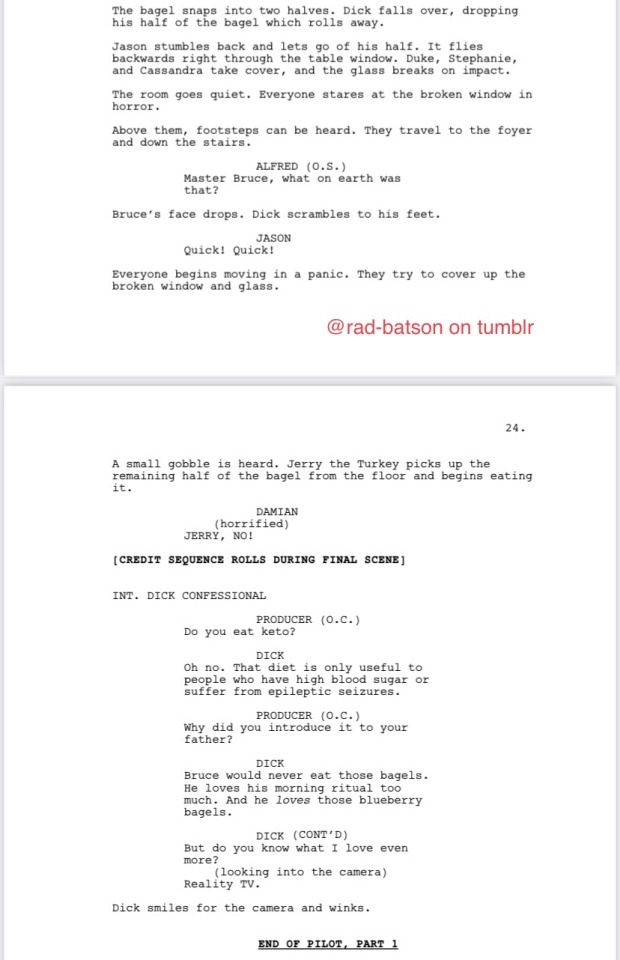
Part 3 is up now!!!!
DO NOT REPOST WITHOUT PERMISSION (I WILL MAKE IT LOOK LIKE AN ACCIDENT /J)
Btw (O.C.) means Off-Camera and (O.S.) means Off-Screen. I use (O.C.) for when they're in the room but not visible and (O.S.) when they're not in the room at all, but that's just preference :)
Again, I am working on finding the best way to upload this to AO3, but I can't promise if or when it will happen.
The second episode will be parts 3 and 4. Follow "#the waynes script" for updates!
#the waynes script#batfam#batfamily#batman#batfamily headcanons#dc universe#dc#screenwriting#screenplay#bruce wayne#dick grayson#jason todd#cassandra cain#stephanie brown#tim drake#duke thomas#damian wayne#alfred pennyworth#jerry the turkey#alfred the cat
1K notes
·
View notes
Text
Back on my Screenwriter soap box while watching PJO: They should have bought a bunch of oil diffusers.
(Edit: This post was made before someone pointed out to me that I missed a key line of dialogue, but my points and theories still stand for the same reasons backing up my original post so I’m not changing anything. The dialogue I missed lets us know that Hermes told Percy the lotus was being pumped into the air off-screen. It’s also implies (? I’m still on the fence about this one?) that Hermes told him what day it is, but I missed these during my first three watches because of how quick and vague it was. Which actually kind of supports my point on why visual indicators are so important. Without these, it’s easy to miss key information. And remember, it’s a kid’s show. ANYWAY my conclusions haven’t changed, and I still believe these edits would work better than the quick line of dialogue so just keep this in mind. Thanks.)
(I’m not being nit-picky. I swear. Just hear me out.) So the weirdest thing to me in episode six was how Percy just…learned everything so quickly without any visual indicators? Like they know time passed because it’s dark outside, but how did he know it was Thursday? They know they were affected by the lotus flowers, but how does he know it was pumped into the air? This irked me because even if he’s smart enough to figure some of this out himself (which he is) we as the audience should still be able to follow his thought process instead of learning after the fact.
What if there were oil diffusers?
So imagine the trio walks into the Lotus, figures out this is like the Odyssey, and decides not to eat anything. They waltz in super confident that they cracked the code, but they were wrong. How do we know? Because the moment they enter the crowd, we get an establishing shot of a lotus-branded oil diffuser letting out steam.
Immediately, we as the audience realize their mistake, making it just that more tantalizing to watch. As the episode continues, we realize they’re everywhere. There’s a diffuser in the plants, on the counter, between the game tables, always right out of the corner of our eyes. They just keep churning out lotus-scented oil into the air, which we can infer because we’re smart. (Remember that.)
Now when Percy realizes what’s going on, we know HOW they’re doing it and HOW Percy knows without being told!! Because they were there the whole time.
Onto Thursday.
Consider: A watch.
What if Hermes has the only watch in the casino until the trio walks in with their own?
Let’s give Annabeth one of those cheap, funky watches that gives the time, day, month, year, etc. Something you get from a kids toy catalogue. It’s waterproof, glows in the dark, has an alarm or whatever. I feel like Annabeth would have one of those. (And honestly, she might already. I forgot.) The most important feature for us, though, is the day. It clearly tells us the day of the week.
It’s pretty easy to establish that Annabeth has the watch. Just do it the same way they establish the date: Percabeth arguing over it in the truck. Annabeth shows him the watch. Establishing shot of the watch’s face. That’s it. No bells or whistles necessary. Then when they get to the casino, Annabeth checks it one more time (without an establishing shot, she just does it casually) and they walk in.
(It’s so easy. I promise.)
While Grover is walking around alone, he tries to check the time and realizes there’s no clocks. (Which ngl is super common in casinos already, but it’s creepy nonetheless.) Yada yada, he gets sucked in by Augustus and that’s how he gets got.
Meanwhile, Percy and Annabeth keep meaning to check the time, but every time they do, someone tries to hand them an appetizer or a drink, which makes them forget OR Annabeth’s hubris keeps her from checking. (Percy: Time check? Annabeth: Its only been five minutes. We’re fine. We need to focus.)
And that brings us to Hermes. After their chat, yada yada, Annabeth “leaves” and Hermes gets all cryptic, then he makes a BIG show of checking his watch, and THAT’S when Percy realizes something’s wrong because oh no they haven’t checked the time. So he finds Annabeth, they see it’s dark outside, they check her watch, and it’s Thursday.
“But we didn’t eat anything!” Annabeth says. Percy looks at the diffusers by the entrance. It dawns on him. “They’re pumping it into the air.”
That’s how you VISUALLY SHOW US THINGS instead of Percy just figuring everything out off-camera and telling us!!!!
Now, you may be thinking “Oh but do they have the budget for that??” Do you know how cheap these props are? Just bulk buy like six oil diffusers, slap a homemade sticker of a lotus flower on them, and keep moving them into every shot. And they’re quiet!! They wouldn’t interfere with the sound, the steam is visible enough to be caught on camera without messing with the lighting, they actually look really cool in some lighting, and they fit the atmosphere of a hotel/casino!! Then the watch is like $15, fits with Annabeth’s character, and totally matches her outfit.
It’s CHEAP! It’s EASY! It DOESN’T CUT INTO THE RUN TIME! It’s AESTHETICALLY PLEASING! ANNABETH GETS A SICK WATCH!! NO DOWNSIDES!!!!
The biggest problem with this show isn’t how accurate it is to the book or how much money they have or that they’re “Disney-fying” it. The problem is they are TELLING US things instead of SHOWING us. And not to beat a dead horse because everyone’s heard of “Show Don’t Tell” but like??? This is exactly why everyone is taught this over and over again in school?? Because people still do it anyway all the time???
There’s also something else I learned (or really just picked up) when I got my B.A. in Creative Writing: Good shows are predictable.
Whether it’s a case of the audience learning what’s going to happen before it happens or them watching the show again and realizing how obvious the answer was the whole time, audiences always want to feel smart. They want to interact with the material. If you don’t give them the opportunity to pick apart the mystery themselves by setting down clues, they’ll give up on interacting with the show and lose interest. That’s why you SHOW them things. There are several moments where this show is completely unpredictable, not because it’s complex but because it doesn’t let you predict it. That doesn’t make it bad—the comedy and character development is doing a great job of carrying the show’s weight so far. But it definitely doesn’t make the show good.
It’s like Rube Goldberg machines. Or dominoes! We don’t watch those crazy 1000+ domino videos so we can watch the last one fall. We watch it to see HOW they fall. Take one domino out, and it’s unsatisfactory. It doesn’t work anymore.
But some oil diffusers and a watch??? Little clues that make the realization that more visually appealing??? THAT’S SATISFYING
Anyway, these are just two things that could have been done, but weren’t. Most of the show is stellar. I think it just needs a little bit of editing here and there. I studied this for like years, and I needed to get this off my chest. That’s it.
Rick Riordan, if you ever see this, I am available for hire :) I would love to be a script doctor please please please please
#THIS IS SO IMPORTANT TO ME YOU DONT UNDERSTAND#I swear I can be so helpful Rick#hire me#i’m a screenwriter i promise i’m legit#btw this is NOT an opportunity to say you hate the show in the notes I will find you#percy jackson#pjo#percy jackon and the olympians#percy jackson and the olympians#pjo tv show#percy jackson tv show#pjo spoilers#percy jackson the lightning thief#pjo series#screenwriting#grover underwood#annabeth chase#hermes
549 notes
·
View notes
Text
SELF-CARE TIPS FOR WRITERS
I do these to keep my mental/physical health well in order to write properly. I do not want to be stressed out whenever I am writing and also in order to avoid being in a rut.
REST YOUR EYES !! It is very important to take breaks from staring at our screens due to writing. You can nap or constantly blink to avoid eye strain/dry eyes.
DRINK WATER AND STAY HYDRATED. In my experience, staying hydrated gives me energy and avoids headaches. (PAIR THIS ALONG WITH A HEALTHY DIET TOO.)
FIX YOUR POSTURE. I know it is challenging to maintain good posture but it is a remarkably good investment. Sitting down while writing with a bad posture can cause us to have back/shoulder pains.
SLEEP !! Maintaining good sleep for about 8 - 10 hours helped my brain to function well. Lack of sleep gave me confusion and writer's block every time I tried to write. Plus, feeling sleepy and tired too.
EXCERCISE. I work out for 5 to 10 minutes or if I do not feel like it, instead, I do 5-minute yoga stretches. I could not believe it at first but this boosted my productivity and motivation.
JOURNAL !! Write down your thoughts, rants, and gratitude. Journaling helped me to let go of the heavy baggage I was carrying. I was skeptical at first because I thought it would not work but it made my mental health better and gave me clarity (it cleared all of my messy thoughts). I also used my daily documentation of my life as an inspiration for writing.
reblog to help other writers !!
#writerblr#writeblr#writer things#writing#creative writing#writerscommunity#writing tips#writing advice#writing resources#writing help#how to write#writing tips and tricks#writer block#website#resources#for future reference#links#writing prompt#writing prompts#screenwriting#writers on tumblr#writing encouragement#writing inspiration#writing motivation#writers of tumblr
1K notes
·
View notes
Text
Me learning the original concept for Wish had Star as a Peter Pan/Genie-esque shapeshifter, he would be Asha's love interest, the king and queen would be a villainous couple, and that sounds a hundred times more interesting than what we actually got:
*opens Final Draft*
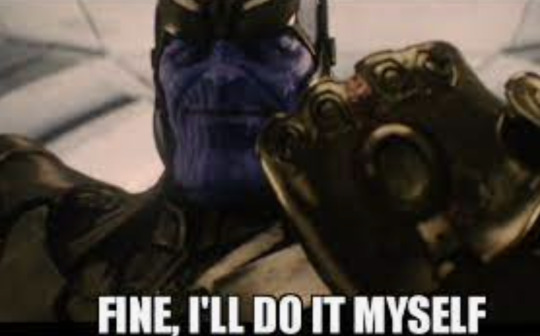
#creative inspiration#screenwriting#writing inspiration#wish#disney#disney wish#animation#we were robbed#fine i’ll do it myself#taking charge here#it deserves to exist in some form dangit#writers on tumblr#writing#disney animation#disney animated movies#disney animated films#disney movies#creative motivation
351 notes
·
View notes
Text

“A film or a painting – each thing is its own sort of language and it’s not right to try to say the same thing in words...The words are not there. The language of film, cinema, is the language it was put into, and the English language – it’s not going to translate. It’s going to lose.”
“I don’t ever explain it. Because it’s not a word thing. It would reduce it, make it smaller."
- David Lynch, Interview with The Guardian
#david lynch#film#film making#showrunning#screenplay#screenwriting#twin peaks#blue velvet#mulholland drive#the lost highway#artist#language
2K notes
·
View notes
Text
In all kindness, f*ck anyone that doesn't take the strike seriously. The fact that people think that the writers and actors of their favorite shows don't deserve living wages, and they would rather bootlick studio execs who don't give two shits about them is absolutely delusional.
I can understand being indifferent to the strike, though I don't agree with it. Some people just don't follow show business, and the writing process in particular, and don't really know what's going on. Okay fine whatever.
But to actually be opposed to the strike, harassing writers and supporters online (and hopefully not in person) saying they are just being whiny entitled brats who should just get a real job, you've got to be a unique breed of scum.
I responded to someone online with what I wrote below, and I liked it so I wanted to share it here.
Enjoy my Strike Support Manifesto, "In their shoes"
okay so imagine your job, that you've worked at for years, suddenly says "hey guys we only need you for a few months every year, good luck the rest of the time" and they hardly pay you anything for work you've already done. Now imagine you want to try to change that, because you want to keep working at your dream job that you've worked your whole life to get, but your boss just says, "nah, you can lose your house and starve, I want to keep all of the money we earn" so you decide to go on strike, to protest a change to the system in a changing world. But some ignorant people on the internet just tell you to give up and just go get another job. Forget about all of your schooling and training and years of experience in your chosen field, these losers on the internet don't think that means shit, because you're being a whiny baby for standing up for what you believe to be honest work. Kindly put yourself in their shoes and shut up
#seriously f them#strike support manifesto#part 1#wga strike#wga support#wga solidarity#wga strong#support the wga#i stand with the wga#wga#actors strike#sagwga strike#sag strike#writers strike#sag aftra strike#sag aftra#sag#screenwriting#screenwriters#actors#why tf is instagram so toxic#i replied this to someone on one of michael jamin's posts about the strike#michael jamin
559 notes
·
View notes
Text
5 Tips for Creating Intimidating Antagonists
Antagonists, whether people, the world, an object, or something else are integral to giving your story stakes and enough conflict to challenge your character enough to change them. Today I’m just going to focus on people antagonists because they are the easiest to do this with!
1. Your antagonist is still a character
While sure, antagonists exist in the story to combat your MC and make their lives and quest difficult, they are still characters in the story—they are still people in the world.
Antagonists lacking in this humanity may land flat or uninteresting, and it’s more likely they’ll fall into trope territory.
You should treat your antagonists like any other character. They should have goals, objectives, flaws, backstories, etc. (check out my character creation stuff here). They may even go through their own character arc, even if that doesn’t necessarily lead them to the ‘good’ side.
Really effective antagonists are human enough for us to see ourselves in them—in another universe, we could even be them.
2. They’re… antagonistic
There’s two types of antagonist. Type A and Type B. Type A antagonist’s have a goal that is opposite the MC’s. Type B’s goal is the same as the MC’s, but their objectives contradict each other.
For example, in Type A, your MC wants to win the contest, your antagonist wants them to lose.
In Type B, your MC wants to win the contest, and your antagonist wants to win the same contest. They can’t both win, so the way they get to their goal goes against each other.
A is where you get your Draco Malfoy’s, other school bullies, or President Snow’s (they don’t necessarily want what the MC does, they just don’t want them to have it.)
B is where you get the other Hunger Games contestants, or any adventure movie where the villain wants the secret treasure that the MCs are also hunting down. They want the same thing.
3. They have well-formed motivations
While we as the writers know that your antagonist was conceptualized to get in the way of the MC, they don’t know that. To them, they exist separate from the MC, and have their own reasons for doing what they do.
In Type A antagonists, whatever the MC wants would be bad for them in some way—so they can’t let them have it. For example, your MC wants to destroy Amazon, Jeff Bezos wants them not to do that. Why not? He wants to continue making money. To him, the MC getting what they want would take away something he has.
Other motivations could be: MC’s success would take away an opportunity they want, lose them power or fame or money or love, it could reveal something harmful about them—harming their reputation. It could even, in some cases, cause them physical harm.
This doesn’t necessarily have to be true, but the antagonist has to believe it’s true. Such as, if MC wins the competition, my wife will leave me for them. Maybe she absolutely wouldn’t, but your antagonist isn’t going to take that chance anyway.
In Type B antagonists, they want the same thing as the MC. In this case, their motivations could be literally anything. They want to win the competition to have enough money to save their family farm, or to prove to their family that they can succeed at something, or to bring them fame so that they won’t die a ‘nobody’.
They have a motivation separate from the MC, but that pesky protagonist keeps getting in their way.
4. They have power over the MC
Antagonists that aren’t able to combat the MC very well aren’t very interesting. Their job is to set the MC back, so they should be able to impact their journey and lives. They need some sort of advantage, privilege, or power over the MC.
President Snow has armies and the force of his system to squash Katniss. She’s able to survive through political tension and her own army of rebels, but he looms an incredibly formidable foe.
Your antagonist may be more wealthy, powerful, influential, intelligent, or skilled. They may have more people on their side. They are superior in some way to the protagonist.
5. And sometimes they win
Leading from the last point, your antagonists need wins. They need to get their way sometimes, which means your protagonist has to lose. You can do a bit of a trade off that allows your protagonist to lose enough to make a formidable foe out of their antagonist, but still allows them some progress using Fortunately, Unfortunately.
It goes like… Fortunately, MC gets accepted into the competition. Unfortunately, the antagonist convinces the rest of the competitors to hate them. Fortunately, they make one friend. Unfortunately, their first entry into the competition gets sabotaged. Fortunately, they make it through the first round anyway, etc. etc.
An antagonist that doesn’t do any antagonizing isn’t very interesting, and is completely pointless in their purpose to heighten stakes and create conflict for your protagonist to overcome. We’ll probably be talking about antagonists more soon!
Anything I missed?
#writing#creative writing#writers#screenwriting#writing inspiration#writing community#filmmaking#books#film#writing advice#antagonists#villains#writing antagonists#5 tips for creating intimidating antagonists
2K notes
·
View notes
Text
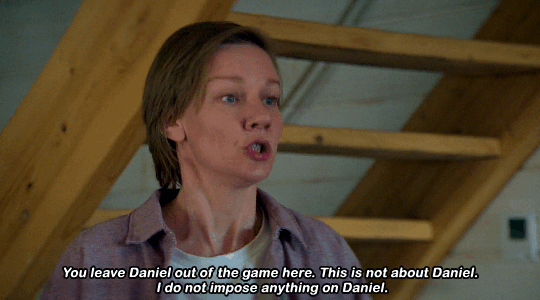

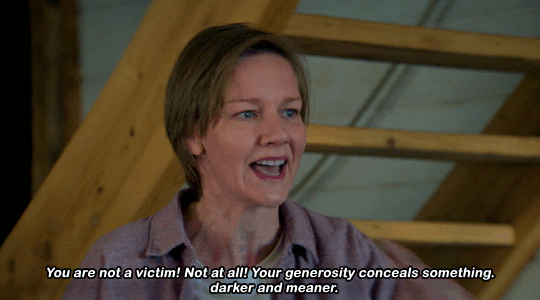
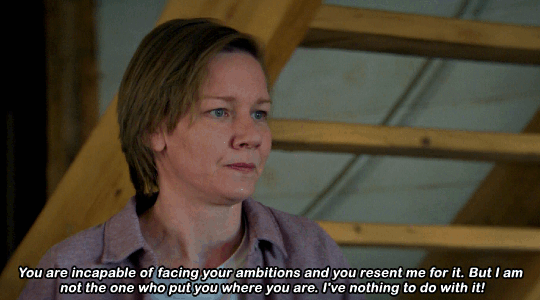
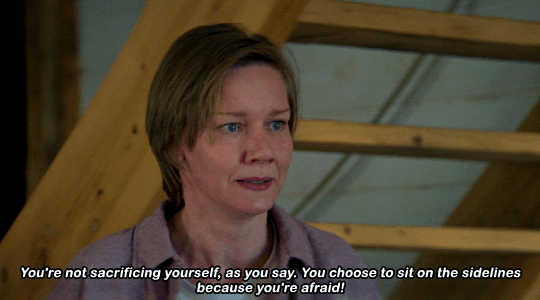
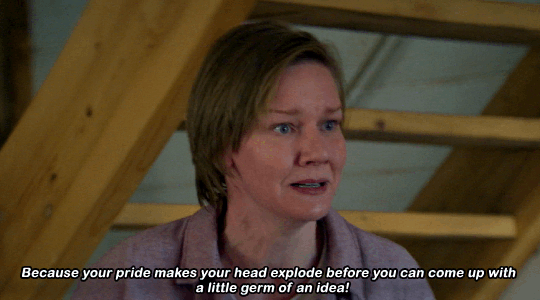
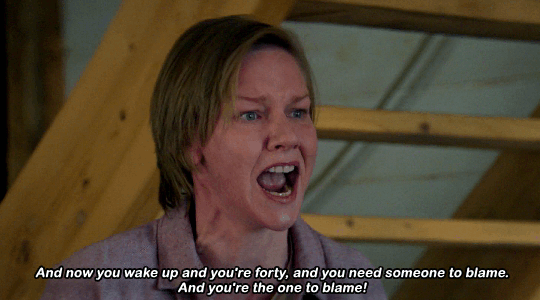
ANATOMY OF A FALL (2023) dir. Justine Triet
#my gifs.#alphabet film challenge#anatomy of a fall#sandra hüller#filmedit#movieedit#filmgifs#dramaedit#cinematv#dailyflicks#filmtvdaily#userstream#cinemapix#mediagifs#screenwriting#justine triet
174 notes
·
View notes
Text
How to Write on Final Draft (without it feeling so daunting)
It's incredibly difficult to open up a Final Draft document without feeling like you're literally writing your final draft, so here's a few features you can use your advantage!
1. Turn on dark mode
Dark mode makes it look like less of a script and more of an outline. Edit and rewrite in light mode, you will feel the difference.
2. Use speed view
Speed view gets rid of pages and page numbers and therefore you are only looking at the words you type.
3. Use focus mode
Focus mode removes the scenes, page numbers, and outlines you have at the top on the program while writing. Another way to forget about focusing on progress.
4. Make a messy beat board
Throw all your ideas onto the beat board, it should help make the document feel a bit more lived-in and less pristine.
Bonus:
5. Set a template with your formatting and use that to start every script you write
While a script format is very ridged, there are things you can do to personalize it. When you find those things, make them in a Final Draft doc (without actual writing) and save as your own template so you don't have to change all the elements every time.
#ronni august#ronni's writing tips#final draft#writing#writing tips#screenwriter#screenwriting#writing inspiration#writing ideas#writing inspo#writing advice#writing help#writing resources#how to write#writing tools#fiction writing#screenplay#writing motivation#writers of tumblr#♤ronniaugustwriting♤#196#r/196#r196
580 notes
·
View notes
Text
The novel ones are all real situations in my novels by the way, the screenwriting one are complied from friends and my own experiences.
Funnily enough, I actually prefer writing screenplays because of the limits. My novels are fantastical magical other worlds with dragons and sorcerers, but my screenplays are mostly realist family comedy-dramas.
(Except the Baby’s First Steampunk Horror and The Mystery Series Set in an Asylum For Were-People, but they’re exceptions)
2K notes
·
View notes
